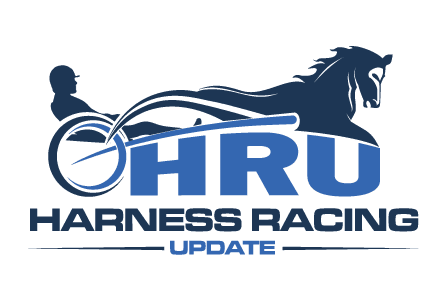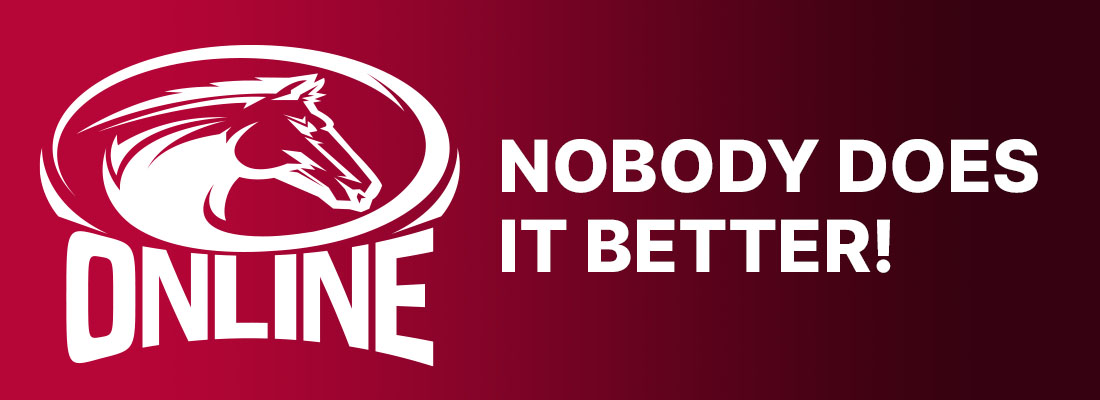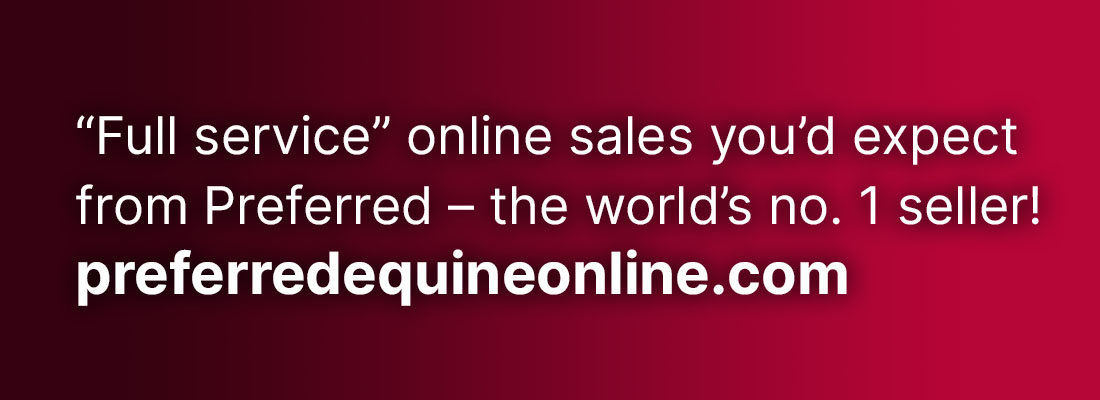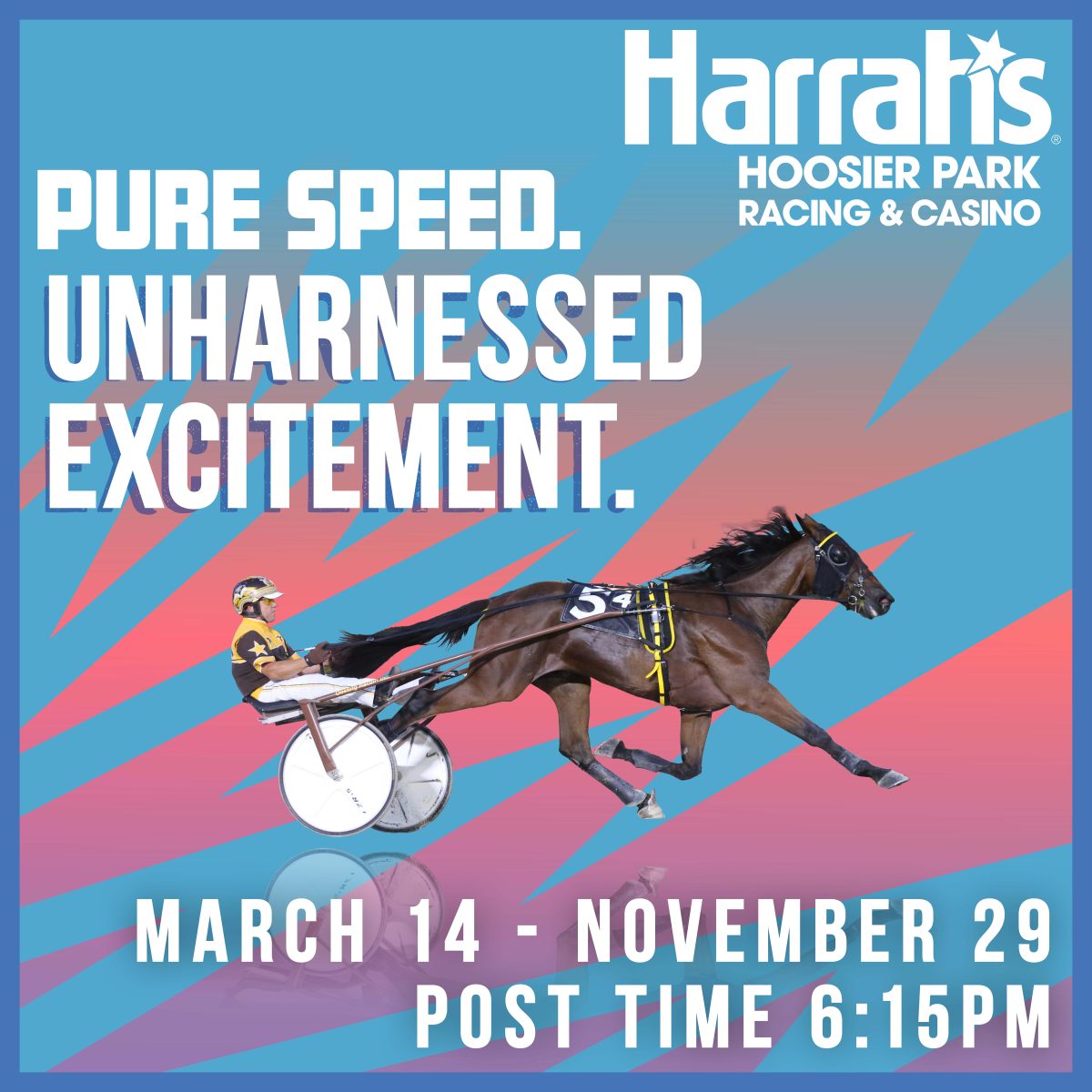Proxibid online bidding proves successful and is here to stay at Lexington sale
by James Platz
The 2020 edition of the Lexington Selected Yearling Sale turned out to be unprecedented, and not because of record prices. Never before had buyers avoided the Bluegrass State in early October. Instead, the pandemic forced many to stay home, and the sale company responded by utilizing technology to break down barriers and enable bidders. Unsure of how buyers would embrace the Proxibid platform, the returns confirmed it was a worthwhile venture.
Sale co-manager David Reid explained that he first looked into the technology in early January, long before COVID-19 appeared in the United States. He was investigating online bidding to use in the future. The research turned out to be a blessing in disguise.
“As far as embracing change, we were looking at it beforehand, but the pandemic accelerated it,” Reid said. “Luckily, we had that dialogue, and I was able to see online providers for other sales like Fasig-Tipton and Keeneland. Luckily for us, we had the right provider.”
Prior to selecting Proxibid as vendor, there was apprehension, but Reid said the quality of the technology put those concerns to rest. Through the first four sessions, more than 100 bidders representing the United States, Canada, Sweden, Norway, Italy and Germany have been approved using the same stringent standards used by those on-site that wish to purchase a horse. The statistics over the course of the first four nights reinforce the value of the technology. A group of 17 bidders were active on 21 different horses on opening night, with four purchased and eight listed as runners-up. The next night 49 horses received at least one online bid from a pool of 25 active bidders, and 17 underbidders came from the Proxibid platform. On nights three and four, 32 active participants placed bids on 59 and 54 different yearlings respectively, with 38 sold virtually and 24 others falling a bid short. On the fifth and final night, 23 yearlings were sold online for $609,000 in total.
For the entire sale, online bids accounted for $2.5 million in sales for 79 sold.
“I’m a big believer in the pace of a sale. It didn’t slow down the pace of the sale at all. The response time of the software was extraordinary,” said Reid. “As a sales manager, you want your customers in the house. From a sales company point of view, it couldn’t have gone any better. The attention agent excellent. He was really an extension of the action crew.”
Doug Paul, a long-time Lexington participant, used the Proxibid platform this year instead of traveling to Kentucky. He purchased five yearlings totaling $249,000.
“I’ve probably been to Lexington for 30 straight years and it’s the first we’ve missed,” he said. “We had Abe Stoltzfus and Larry Rathbone look at our horses anyhow, so they were down there looking at the horses. I normally look at them with them, but I was not able to do that. They went and looked and told us what they liked and we bid accordingly. Without that, without the online bidding, I definitely wouldn’t have spent as much.”
Paul said that one disadvantage to bidding online is that if you are working with partners, you have to do your homework ahead of the sessions instead of making quick decisions while a yearling is in the ring, or as you get a feel for how horses are selling during the session.
“If you’re bidding online, you have to discuss all that before the sale. You might go a little bit higher. That lack of interaction sort of hurt the prices somewhat,” he said. “Considering the circumstances, I think the sale company should be happy, the buyers should be happy. I think it worked out great.”
Dana Parham was another owner that participated in the Lexington sale virtually. He purchased five babies from his home for $423,000, including the session topper on day two. In his opinion, the platform worked great, but it was no replacement for participating in person. He compared the experience to the differences in playing poker live and online.
“When you’re playing online poker, you can’t see what the other players are doing, whether they hesitate, what kind of cadence there is, mannerisms. When I’m live at the sale, I’ve got the attention of the auctioneer, and any horse I’m bidding on, he’s not going to bring that hammer down until I shake it off because I’m one of the guys there that can move a horse many thousands higher. Online they don’t know who in the hell I am,” Parham said. “Many times I can’t see who I’m bidding against. Like in live poker, I know who I’m in the hand with as opposed to online I’m against Larry67824. Online, once a horse got past my number, I just go on with it. Live, I may have given it another bid knowing I’m one bid away. If anything, I didn’t bid as much as I might have live.”
Parham said that while Proxibid technology allowed him to participate this week, the missing human element of attending live and being near the ring was lost.
“That’s not the software’s fault or the technology’s fault. I like to play the game and this takes a lot of options away. I can’t speed up the bidding, I can’t slow it down. I can’t jump to the number I want. All kinds of things I like to do live,” he said.
Reid said that online bidding at the Lexington Selected sale is here to stay, and that he is already thinking of ways to improve for next year.
“I would say it’s definitely part of the future. I don’t want it to replace what we have because what we have is a great venue, a first-class facility and first-class horses, and two weeks of great racing. Just for that alone we want everybody to be able to participate,” he said. “The Internet does bring the world together and makes it a small place. It brings the world to us. After tonight’s session we’ll be able to look at the numbers and see where we’re at, but it’s definitely been a contributing factor to our success, there’s no doubt about that.”

















